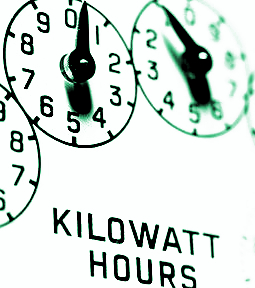Bowen's gas pressure mounts
 The Federal Government says politics could threaten its big gas plan.
The Federal Government says politics could threaten its big gas plan.
A gas supply deal aimed at addressing anticipated shortages for the east coast is in jeopardy due to the Greens’ plan to challenge the Albanese government's industry code of conduct.
Energy and Climate Change Minister Chris Bowen says that commitments from major gas exporters APLNG and Senex to divert 300 petajoules of gas into the domestic market by 2030 are at risk.
Under a recent deal, APLNG and Senex pledged to deliver 140 petajoules by the end of 2027 and up to 300 petajoules by 2030, potentially meeting half of the annual east coast domestic market demand.
However, the agreement grants exemptions from the $12 per gigajoule price cap under the code of conduct.
Bowen has cautioned that the deal could be dissolved if the Coalition supports a disallowance motion the Greens intend to introduce in the Senate.
“If disallowed, these commitments...would no longer apply, threatening supply into the east-coast market and creating untenable shortfall risk,” he warned.
The potential disruption raises concerns for households, industries, and gas power generation as the Bass Strait fields deplete.
While the Coalition has not indicated its stance on scrapping the code of conduct, the gas industry, despite its reservations, has accepted it for sector certainty.
Energy Users Association of Australia CEO Andrew Richards says the code will be important for protecting households and businesses, pushing wholesale prices down to approximately $12 a gigajoule.
In related developments, Bowen has also refused to disclose the taxpayer exposure from the government's expanded Capacity Investment Scheme.
The scheme aims to underwrite 32 gigawatts of new generation annually through auctions, with potential costs estimated by experts in the billions.
Addressing concerns about potential negative pricing, Mr Bowen asserted that the government would not subsidise such scenarios.
Instead, project proponents would be asked to provide minimum profit requirements guaranteed by the Commonwealth and share profits with taxpayers above a maximum price.








 Print
Print